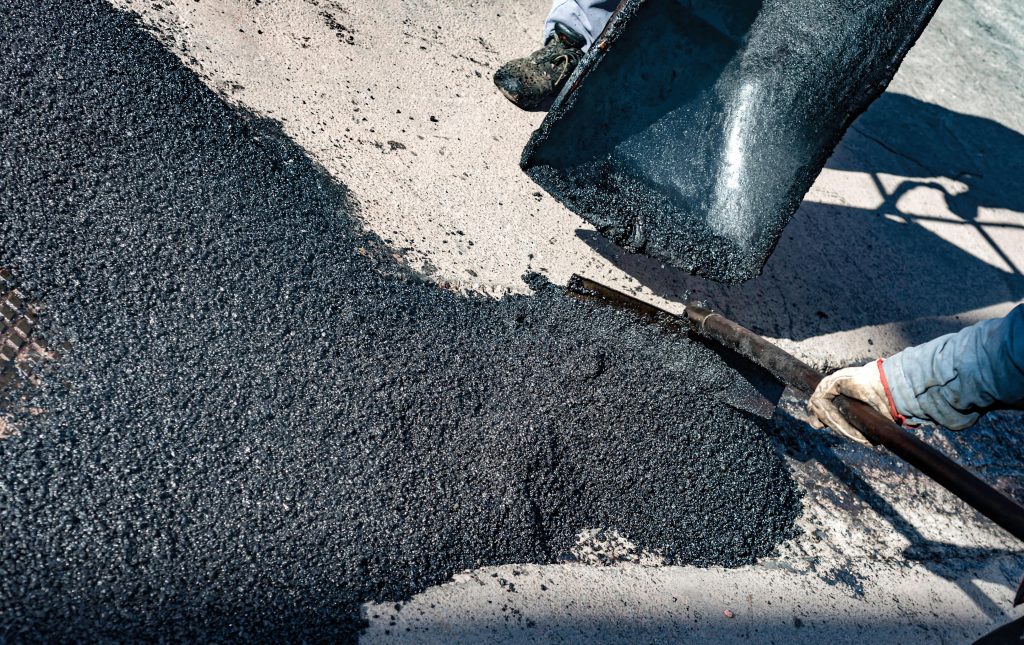Asphalt is a widely used material that we encounter every day, yet many of us may not know much about it. In this blog post, we’ll delve into the world of asphalt and explore its rich history and various uses.
What is Asphalt?
Asphalt is a sticky and black-colored liquid mixture derived from crude oil. It is commonly used as a binding agent in road construction and paving. The word “asphalt” is derived from the Greek term “asphaltos,” which means “secure.” This is a fitting name for this sturdy material that has been used for centuries.

History of Asphalt
The use of asphalt dates back to ancient civilizations such as the Babylonians, Egyptians, and Phoenicians who used it as a waterproofing material for building structures. However, the first asphalt road was built in Babylon around 625 BC. In the 19th century, Belgian immigrant Edward de Smedt introduced asphalt pavement to the United States, which revolutionized road construction.
Modern Uses of Asphalt
Today, asphalt is widely used in various industries such as construction, roofing, and waterproofing. However, its most significant use is in road construction. Asphalt is the primary material used for building roads due to its durability, flexibility, and cost-effectiveness. It can withstand heavy traffic and extreme weather conditions, making it an ideal choice for road surfaces.
Apart from road construction, asphalt is also used in the production of shingles for roofing, as it provides a durable and weather-resistant surface. It is also used in the manufacturing of waterproofing materials such as sealants and coatings.

Advantages of Asphalt
Asphalt offers several advantages that make it a preferred material for various applications:
- Durability: Asphalt has excellent durability and can last for decades with minimal maintenance.
- Cost-effective: The initial cost of asphalt may be higher than other materials, but it requires less maintenance and repair in the long run, making it a cost-effective option.
- Easy to repair: If damaged, asphalt can easily be repaired by patching or resurfacing without having to remove the entire surface.
- Flexibility: Asphalt has a level of flexibility that allows it to expand and contract with temperature changes, reducing the risk of cracks and potholes.

Conclusion
Asphalt is a versatile material that has been used for centuries and continues to play a crucial role in modern construction. Its durability, cost-effectiveness, and flexibility make it an ideal choice for various applications. Next time you drive on a smooth road or see shingles on a roof, remember the remarkable history and uses of asphalt. So, now you know what makes this material so secure and essential in our daily lives. Keep an eye out for asphalt, and appreciate its vital role in keeping our world connected and protected!
